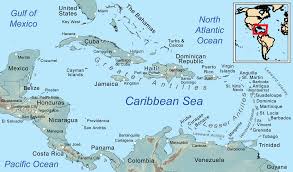Abstract
Human T-cell leukemia virus type I (HTLV-I) has been strongly implicated as the etiology of adult T-cell leukemia (ATL), a T-cell type non-Hodgkin’s lymphoma with leukemic manifestations in Japan, the Caribbean, and the southeastern United States. The prevalence of serum antibody specific for one core antigen of HTLV-I, p24, has been found to be high in patients with ATL, and higher in relatives of these patients than in general population controls. Reported population prevalences of p24 antibody have varied from less than 1% for U.S. and Japanese populations to 3% for Caribbean populations. When antibody to another HTLV-I core antigen, p19, was evaluated, 0.5% of Washington D.C. participants, 1.9% of Georgia participants, 1.5% of Japanese participants from ATL non-endemic areas, and 11.9% of Japanese participants from ATL-endemic areas demonstrated antibodies to one of these core antigens. Recent findings suggest that HTLV-I is readily transmissible through cellular blood products, but not through lyophilized factor concentrates.
Chorba TL, Jason JM, McDougal JS
Chapter in: Plasma Fractionation and Blood Transfusion: Proceedings of the Ninth Annual Symposium on Blood Transfusion, Groningen, 1984, organized by the Red Cross Blood Bank Groningen-Drenthe, pages 155-161. Editors: C. Th. Smit Sibinga, P. C. Das, S. Seidl
ISBN: 978-1-4612-9644-7 (Print) 978-1-4613-2631-1 (Online)
